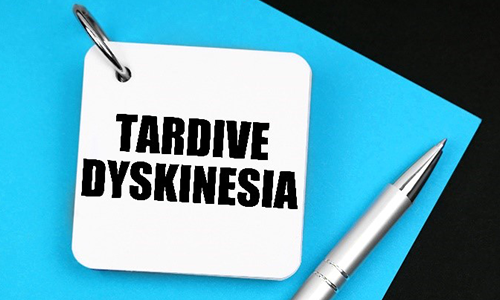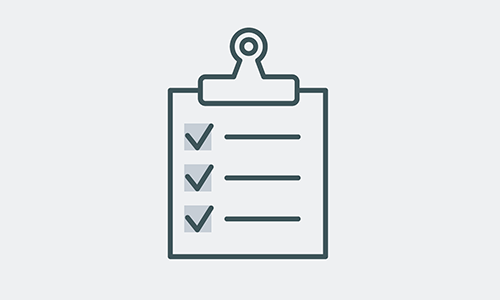A Review on Tardive Dyskinesia

Investigators provided a review that emphasizes a prevention-based focus on the treatment of TD through the clinical consideration of pharmacologic selections linked to individual patient history. They performed a search through PubMed with keywords and combined searches involving medication-induced TD in addition to therapies that are linked to causing or are used to treat TD. They aimed to use recent articles that were published no earlier than 2015. The findings indicated that the risk of TD remains with atypical antipsychotic drugs, but the incidence is reduced. In addition, various other classes of medications have a high prevalence of TD that are not particularly known to induce TD.
Treating Tardive Dyskinesia

A meta-analysis showed that approximately 1 in 4 patients who have been on a second-generation antipsychotic after 10 years will develop tardive dyskinesia (TD), while the rate of those on first-generation antipsychotics is 1 in 2. The 2 greatest risk factors for TD are the duration and dose of treatment. Two FDA-approved treatments for TD are VMAT2 inhibitors deutetrabenazine and valbenazine. When using one of these therapies to treat TD, it will likely need to be put in place for the duration that the antipsychotic is being used, or else the TD may come back within a month of discontinuation.

